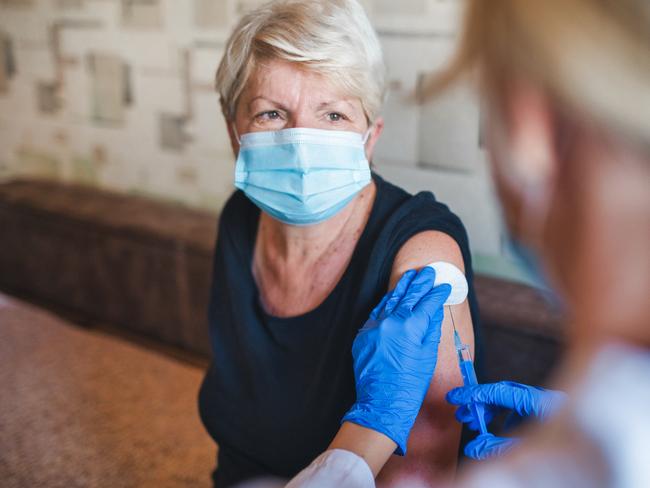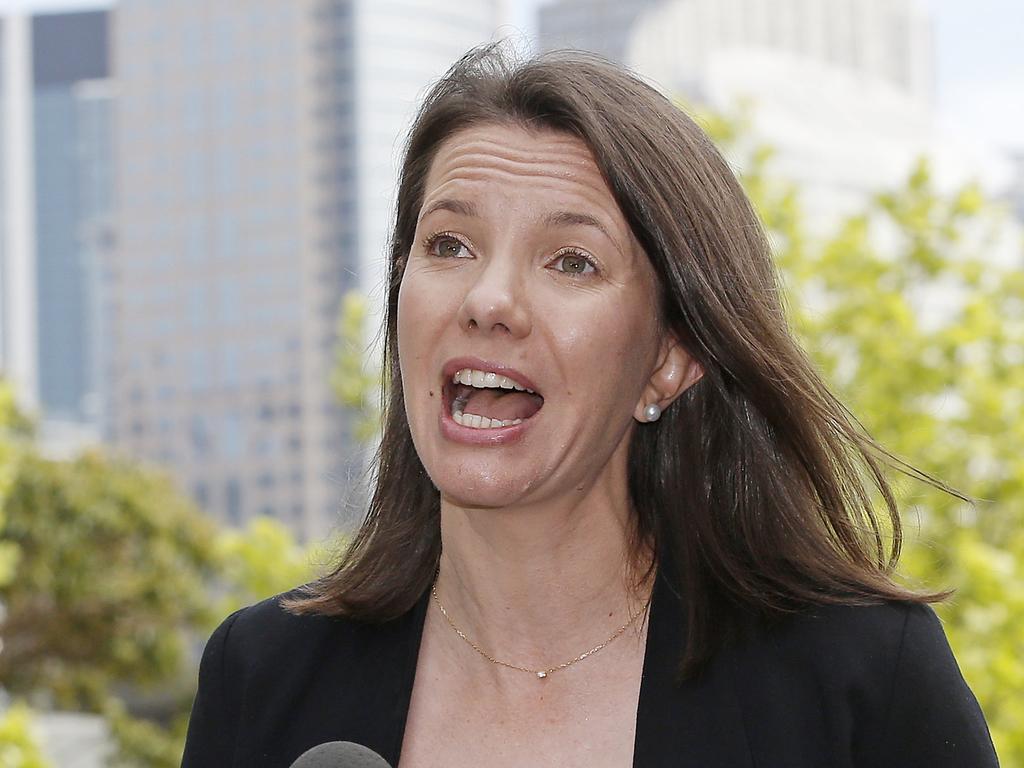Politicians must help cure our ailing Medicare system

It’s distressing to hear about clogged-up hospital emergency departments and ambulance ramping, and patients waiting so long they don’t make it to hospital.
It’s distressing to see people with unmanaged diabetes developing complications and ending up in hospital, needing surgery or dialysis or a kidney transplant, and what that does to them and their family, when you know you could have stopped it.
It’s distressing to know I have an increasing number of patients who need to drive hours from regional communities because they can’t get a GP in their local community.
How did we get here? When Medicare was designed in 1984, treating single issues such as infections or injuries was the main priority of the health system. But today chronic illnesses such as diabetes, heart disease, and mental health have grown enormously – over half of Australians over 45 are living with two or more chronic conditions. But Medicare funding isn’t equipped to deal with what these patients need.
Underinvestment in general practice care has been a feature of Medicare since its inception 40 years ago, which worsened with a nearly 10-year freeze in Medicare rebates. This hurt general practice, and our patients. Badly. Many practices simply couldn’t afford to keep going and closed. It got harder for GPs to bulk-bill, and out-of-pocket costs have increased; like all small businesses, practices need to cover their costs, which are going up. And a generation of potential GPs pursued other specialties because why would you choose a profession “in crisis”?
So how do we fix this? Two key things are needed to support access to affordable GP care for all Australians: targeted investment in Medicare, and funding to boost the GP workforce.
With targeted investment in Medicare to support complex and chronic health needs, we can increase bulk-billing and reduce out-of-pocket costs for patients who aren’t bulk-billed. Both are crucial.
The Royal Australian College of General Practitioners’ call to increase funding for GP consults longer than 20 minutes will significantly increase bulk-billing and benefit all Australians, particularly, those managing chronic conditions and mental health issues, and older people. This shift will better value these complex consultations, which are currently financially penalised by Medicare. Patients will get more time, and it will improve preventive care, early diagnosis, and management of chronic illnesses.
For those who aren’t bulk-billed, this funding injection will reduce out-of-pocket costs by as much as 50 per cent. In a cost-of-living crisis, there is no doubt reducing costs will reduce the number of people delaying care – and this will reduce pressure on our health system. Reducing these costs is critical so people don’t need to choose between seeing their GP and paying for other essentials.
Care must not only be affordable, it must also be accessible. For this, the solution is simple: Australia needs more specialist GPs. For too long we haven’t trained enough GPs in this country. More GPs equals more access to the high-quality, continuous care that can only be provided by a specialist GP who knows you and your history.

To rapidly increase the number of doctors in Australia, federal and state governments recently approved the fast-tracking of international medical graduates coming here. The jury is still out on this decision, but with a global shortage of all health professionals, doctors included, this is at best a makeshift solution.
We must train more homegrown specialist GPs, and we must start now. The federal government funds the RACGP and Australian College of Rural and Remote Medicine to train 1500 new medical registrars in general practice each year.
This year the RACGP will train 20 per cent more registrars than usual. But this is a one-off, thanks to some flexible funding provided by the federal government – our training program was oversubscribed, and nobody wants to turn potential GPs away. With more funding into this program year-on-year, we can grow the GP workforce faster, and get GPs training across Australia, particularly in rural and remote communities.
It’s heartening to hear politicians of all colours talk up the need to invest in general practice ahead of this year’s election. I just hope they listen to what GPs on the frontline are asking for, because we know the problems intimately – and how to fix them.
After 25 years of practice, I know the vital role general practice plays in keeping Australia healthy. So much of the care we provide goes unnoticed and uncelebrated because it happens quietly over time. It’s hard to measure all the knee replacements, surgeries and heart attacks prevented by GPs, the lives we save, and what this saves the health system.
Despite the difficulties facing our health system, GPs roll up their sleeves time and again to support patients to get the care they need. The question for our politicians ahead of the election is, are they willing to find a way to help us do it?
Dr Michael Wright is the president of the Royal Australian College of General Practitioners.






Hearing that Australians can’t find a GP, or that they can’t get a consult, particularly, a bulk-billed one, is distressing to me. Because when people can’t see a GP when they need to, or delay essential healthcare because they can’t afford it, I know the impact this has on their health and wellbeing.